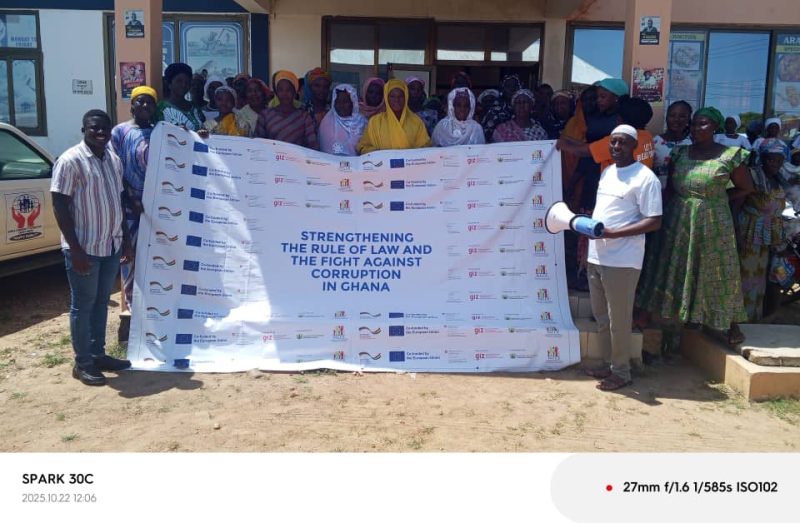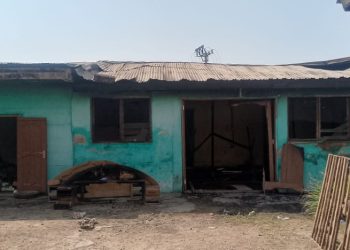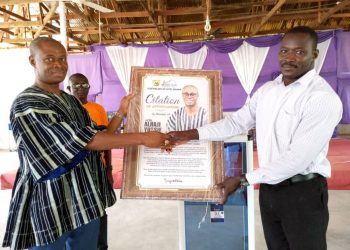
The National Commission for Civic Education (NCCE) in the Sawla-Tuna-Kalba District has organized a civic education engagement in the District capital, aimed at promoting the rule of law and strengthening the fight against corruption.
Speaking at the workshop, the Sawla-Tuna -Kalba District Director of NCCE, Mr Issahaku Lonsina, noted that the NCCE is implementing a targeted campaign for women groups in 60 Districts across the sixteen regions of Ghana.
Mr. Lonsina added that the activities is part of the project “Civic Engagement On The Rule Of Law And The Fight Against Corruption”, so this project is an initiative under the participation, accountability and integrity for a resilient Democracy (PAIReD) program, and commissioned by the German Federal Ministry for Economic Cooperation and Development (BMZ) and co-finance by the European Union (EU) and the Swiss State Secretariat FOR Economic Affairs (SECO) and being implemented by GIZ in cooperation with the Ministry of Finance.
The Director, emphasized that the project is to empower women to know their civic rights and responsibilities as agents of change and how they can assist in fighting corruption.
“So we empower them to let them understand that we have Nepotism, Favoritism and Embezzlement all this we explained to them to their understanding and we feel from here, if we are not able to fight it then corruption will reduce” he said.
The District Director of the Commission on Human Rights and Administrative Justice (CHRAJ), Mr. Mumin Gafaru, speaking to Yagbon News, mentioned that it is an eye opener for him to understand that our women in the markets and lorry stations understand corruption better than we do.
The Director added that the selected women groups because they believe that women play a very key role in our developmental value chan from raising the children to be adults to where ever we are now.
So if women are part and they are able to understand and also contribute to program is the best way to understand the the importance of fighting corruption.
Mr. Gafaru noted that once they start with the women groups with the issue about corruption it is something that can transit to generation to generation because mothers are thos who take care of children.
And so if children are made to understand that this is corruption and it’s effect they believe that it will go along way to inculcate the habit of reducing corruption in children towards achieving and eliminating it.
Source Diwura Abdul Fataw









